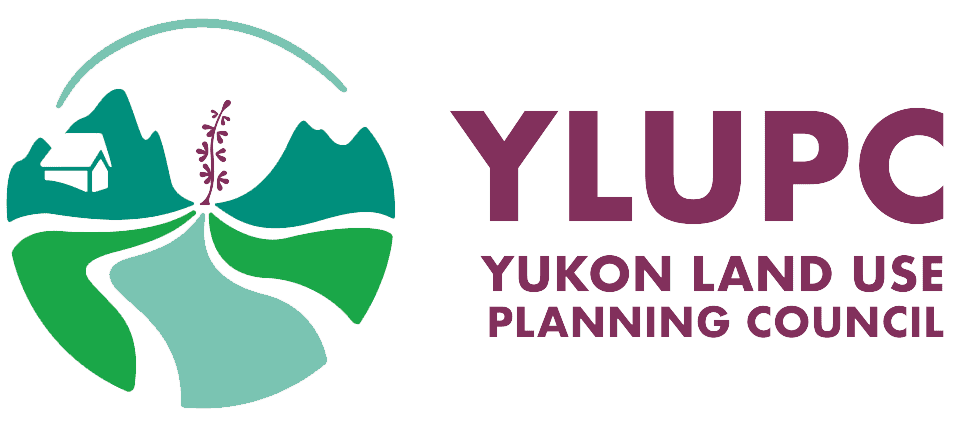Joan Eamer and Tomasz Wlodarczyk SLR Consulting (Canada) Ltd.
Increasingly, a number of domestic and international jurisdictions are recognizing the significance of assessing and understanding the multiple services and values that ecosystems provide. The Economics of Ecosystems and Biodiversity (TEEB) for the Arctic scoping study completed in 2015 provides guidance on possible pathways for future management of ecosystems and their services in the Arctic.
This paper will present the overall scope of the TEEB Arctic study and describe the concept of ecosystem services upon which it was based – that is, as a means of making the value of ecosystem functions explicit for policy making and drawing attention to the biodiversity and biophysical processes that provide these functions. The paper will describe some key recommendations for policy directions regarding the management of development activity in terrestrial ecosystems, with a focus on mineral exploration and development, and cumulative effects. Specifically, the paper will describe how the following recommendations can assist in planning for change and sustainability in Canada's Arctic.
1. Making wider use of spatial planning and strategic environmental assessment approaches at the scale of ecologically meaningful regions, such as for caribou herd ranges;
2. Incorporating the full spectrum of ecosystem services into environmental impact assessment through guidelines, procedures, methodologies and regulations at all levels for all activities subject to EIA in the Arctic
3. Improving participatory processes; and,
4. Accounting for ecosystem value by making use of financial policy instruments that capture the values of ecosystem services.
